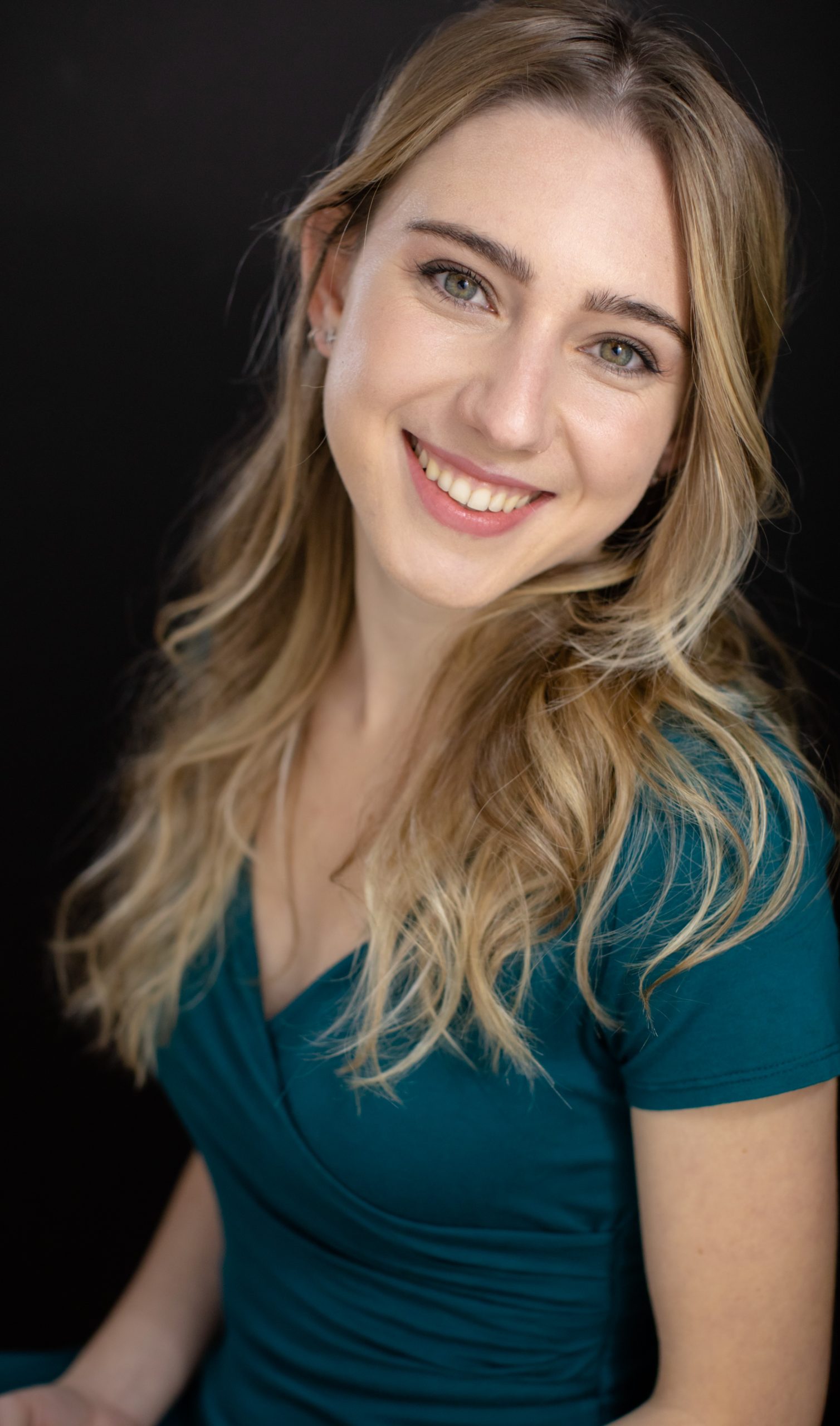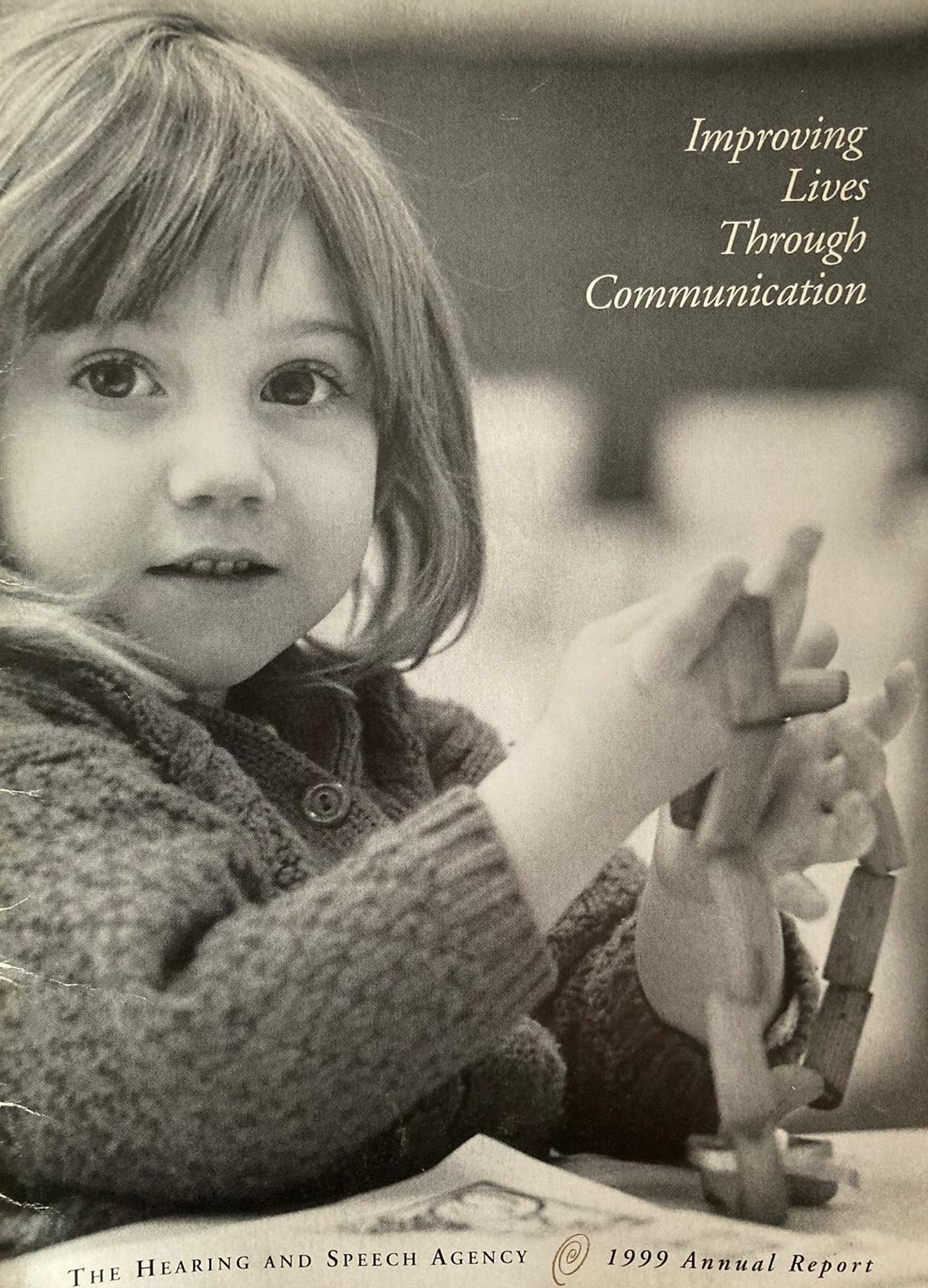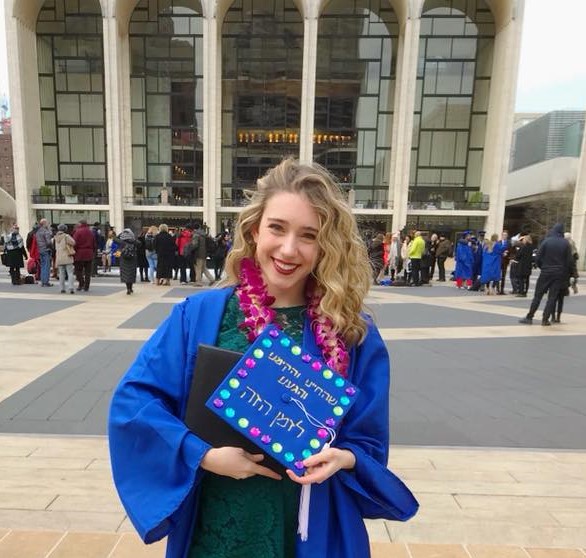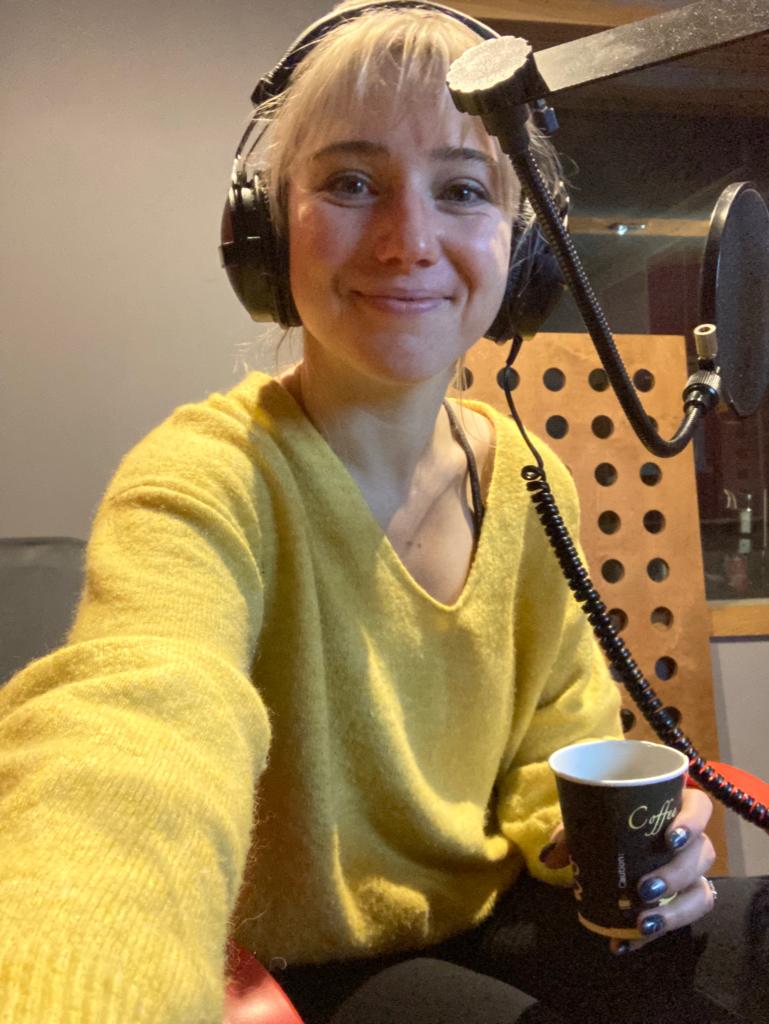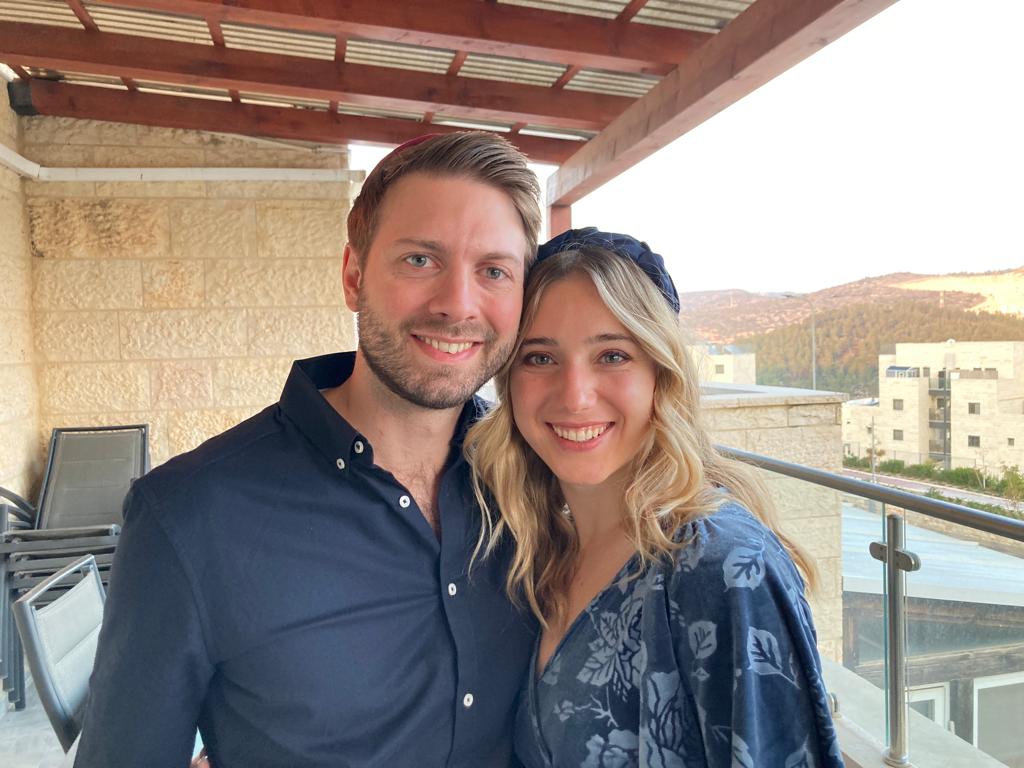From Silence to Success
An interview with Marni Woolf
By Penina Taylor
A rising star on the Israeli acting scene, no one would guess that Marni Woolf (nee Schamroth) didn’t speak until she was five years old. Labeled as autistic and doomed to never be a fully functioning adult, this young lady defied the odds (and the labels) to become a working actress.
Marni says she didn’t have the traditional Orthodox upbringing. Her mom was raised Irish Catholic and converted to Judaism before she married Marni’s dad, who is a baal teshuvah (returnee to Judaism) from South Africa. They met in Baltimore where they both worked in the same hospital – he was a doctor, and she was/is a nurse. It’s no secret to anyone who knows the Schamroths that Marni grew up in a home full of hospitality. She explains that her childhood home was always open to guests – which is still true today. And this hospitality does not just extend to friends. Any given Shabbat you can find every type of person at the table – ultra orthodox, modern, secular, people in the process of converting to Judaism and non-Jews as well.
Since half of Marni’s family isn’t Jewish, the family culture has always been very open-minded. From a young age she understood that there were all types of people in the world. She remembers the theme of her growing up as being all about family and being together – and that family included not only the Jewish side, but the non-Jewish side as well. In fact, she explains, her father’s parents were no longer alive when she was growing up, so her non-Jewish grandparents played a big role in her family life.
Despite the amazing family life, Marni did face some challenges, religiously. Being the first generation born into an observant Jewish home, she felt there was a bit of a gap between her parents’ experience of Judaism – which they chose – and her experience of it, which she inherited. And even though she had an amazing relationship with Judaism because of the experiences in her home, she did feel for a time like she didn’t get to choose it, it was being forced on her. So as a young adult she went through a period of questioning everything and had her own Jewish journey as she experimented with being observant at times and choosing not to be observant at other times. In spite of that, she says that she always came back because she was drawn to it. She says that religion is complicated, and like any relationship, it requires work.
Marni recalls conversations with her mom growing up where her mom would explain that there are certain things we do because we are Jewish and certain things we don’t do (Christmas, for example) because we are Jewish. But when she questioned the accepted dress code, her mother told her that when she was an adult living on her own, she could do what she wanted.
So now, Marni says, she does choose to wear pants, even though she is observant, because that works for her. But, as is not always the case, she says that her mother held true to her word, and respects Marni’s choices as an independent adult. That respect doesn’t go unnoticed, and Marni respects her mom’s beliefs as well.
And she brings up an important point – there is a tendency in religious Judaism to believe that it’s all or nothing – that if someone doesn’t do Judaism the way “I” do Judaism, they must not be observant. Pants are a great example of this. There are many who believe that some of the rules that govern our day-to-day lives as observant Jews should be revisited considering the modern world we live in. But we need to remember that just because someone’s expression of their Judaism doesn’t look like ours, doesn’t mean they aren’t observant. Unfortunately, that’s a difficult concept to implement given human nature.
Marni says that she’s a big believer in the verse that talks about serving Hashem with simcha (gladness) – that obviously the goal is to be completely observant, but Judaism is supposed to enhance your life, not bring suffering. Judaism is supposed to be our moral compass, but we are also all created with free will. She does offer the caveat that this doesn’t mean we should mix in the observances of other religions. It’s a fine line, but it’s not all or nothing. When she faces challenges to her commitment to be observant (which she does, being an actress), she asks herself, “Why am I doing this? It’s because I want it, it brings value to my life.” God wants us to enjoy serving Him.
Marni was six years old when her family made Aliyah from Baltimore to Beit Shemesh. She grew up there, although she’s lived in Jerusalem, New York and Tel Aviv as well. After she married, Marni and her husband returned to Beit Shemesh where her family still lives.
Growing up, Marni had some major educational challenges. As a young child Marni began behaving in a way that concerned her family. She was speech delayed, so she screamed a lot because she had no other way of communicating; she also walked in circles and exhibited a lot of behaviors we associate with autism. At first her parents suspected that she might be hearing impaired because she appeared to not hear what they were saying – she just didn’t respond. She was in her own world.
Marni’s parents were at a loss as to what was going on with their child, so they took her to be evaluated at Johns Hopkins where she was diagnosed with autism. Now, looking back, she feels that the diagnosis wasn’t quite right, but given her behaviors, it’s easy to see why they came to that conclusion. The Schamroths were told that their daughter would never be a fully functioning adult, and that there was pretty much nothing they could do for her. Marni’s parents were broken by the news, but at the same time, they decided that even if this diagnosis was completely correct, they were going to push her to be the best she could be. So, a close friend of the family, Becky, who herself had a severely autistic child, helped Marni’s parents find an appropriate school for her. Marni was enrolled in a special school and Becky encouraged Marni’s parents that she saw there was a person inside her that was dying to come out, and that she just needed to be given the right tools. Marni is so grateful to Becky who has been her number one supporter. She encouraged Marni’s family not to give up on her – which some people did.
She attended a school in Baltimore for children with speech and hearing issues. She says it was a very open and safe environment. And even though it wasn’t a Jewish school, they went out of their way to accommodate the family’s religious needs. They taught Marni sign language, since she was non-verbal – she didn’t begin speaking in full sentences until she was five – and that enabled her to begin communicating. Marni laughs that though she had a slow start, once she started speaking, she hasn’t shut up since.
When Marni was six years old, her parents decided to make Aliyah, but they were concerned about how she would manage in a foreign country. After all, their daughter had only just started speaking her “mother tongue” and now they were moving to a country with a different native language, how would she cope? She says they really took a leap of faith.
In Israel, Marni was put in special classes, and she was definitely challenged – being speech delayed meant that she was delayed in other areas as well; of course educationally, but also socially – and she says she missed social cues, and got into a lot of trouble for that.
But because her parents pushed her hard and believed in her, it made her want to work hard. Although there were many people in Marni’s life who didn’t have that same faith in her, her parents say she’s always been a fighter and was determined to beat the odds.
By the time she reached high school Marni had progressed enough to attend a regular high school. She was in special, smaller classes, but the fact that she was in a regular school was nothing short of a miracle given the diagnosis she had received as a young child.
Because she had difficulty expressing herself, art became a big part of her life. It was through art – drawing, dancing and singing – that she was able to open up, combined with the fact that her childhood home was always full of guests, and parents who pushed her to be social with all the guests. In the end, though it was very hard, Marni says she doesn’t regret the challenges because they made her who she is today.
So how did Marni get involved in acting? Well, she was already involved in the arts, and in high school she fell in love with theater. She had some friends who were auditioning for a show, and she decided to join them. One thing led to another and she started auditioning at every opportunity that presented itself. Soon, she was cast in musical theater productions. She loved the experience and found that she really enjoyed expressing herself through music, and this opened the doors for her to dream about performing on Broadway. But being a religious Jew, it seemed that there were just too many obstacles to overcome. One day she went to see a show and one of the performers had her hair up in pigtails. After the show Marni saw her off stage and the pigtails were gone and instead she had blonde hair and a scarf on. Marni was shocked to realize that the actress had been wearing a wig on stage, but she began to think – if this religious woman could make it work, then so could she.
As all young adults do, after high school and doing her national service, Marni needed to decide what she wanted to do with the rest of her life. The only thing that she really wanted to do was act. But, she explains, she comes from a family of doctors, and while they thought it was great that she had found this outlet – this hobby – they weren’t very content with the idea of her pursuing it as a career.
After doing her national service, Marni studied for a year at a film school in Jerusalem, which though not theater, she felt would give her a good background in the industry. In the end she realized it wasn’t for her and she left to spend a year in seminary to “find herself.” She then proceeded to explore her options – checking out open houses, art schools, being a flight attendant, graphic designer. It was suggested that since she was good at art, she should become a graphic artist. But always being one to reject labels, she rejected that one as well. She was determined not to let others decide for her who and what she should be. Even though she was confused and a bit lost, still the theater called. So, she decided that she would find a summer acting course, just to “scratch the itch”, figuring that after that she would probably marry and settle down anyway.

A friend of hers shared about a musical theater program he had attended called AMDA – American Musical and Dramatic Academy; he explained that there was no summer program, but he encouraged her to check it out anyway. It turned out to be a two-year program, and Marni didn’t want to leave Israel for that long. On top of that, it was expensive and anyway, how would she be able to do the program and still keep Shabbat? But while she was sitting there in front of the computer debating with herself, she went ahead and hit the “apply” button. Within five months she had a scholarship, packed her bags, and moved to New York to study musical theater.
Marni describes AMDA as a conservatory program which takes the concept of a four-year degree and condenses it down to two years, for those who already know that they want to perform on Broadway. But according to Marni, what really sets the program apart from a regular college experience is not only that they are studying musical performance from morning until night, but they are also taught how to make connections, meet producers and casting directors, and how to push themselves – all the things a young person trying to break into the business needs to know. It’s not just about acting and singing. She describes it as being a simultaneously intense and magical experience. She was the only observant Jew in the program, which presented its own set of challenges – she had to get creative when it came to keeping kosher and Shabbat. But she says that the experience made her stronger in her Jewish identity – she didn’t have anyone telling her what to do, it was her choice, and she made it.

Marni became the unofficial “rebbetzin” of her circle of non-Jewish friends. She did make some choices that others might not agree with – many that were compromises that she didn’t necessarily want to make but felt that it was the right thing to do at the time. Unfortunately, when she finished the program, she felt burnt out religiously and spent some time being non-observant before choosing to return to an observant Jewish life. And yet, she says she has no regrets and that this was the most powerful and educational experience of her life – as a person, a performer, and yes, even as a Jew.
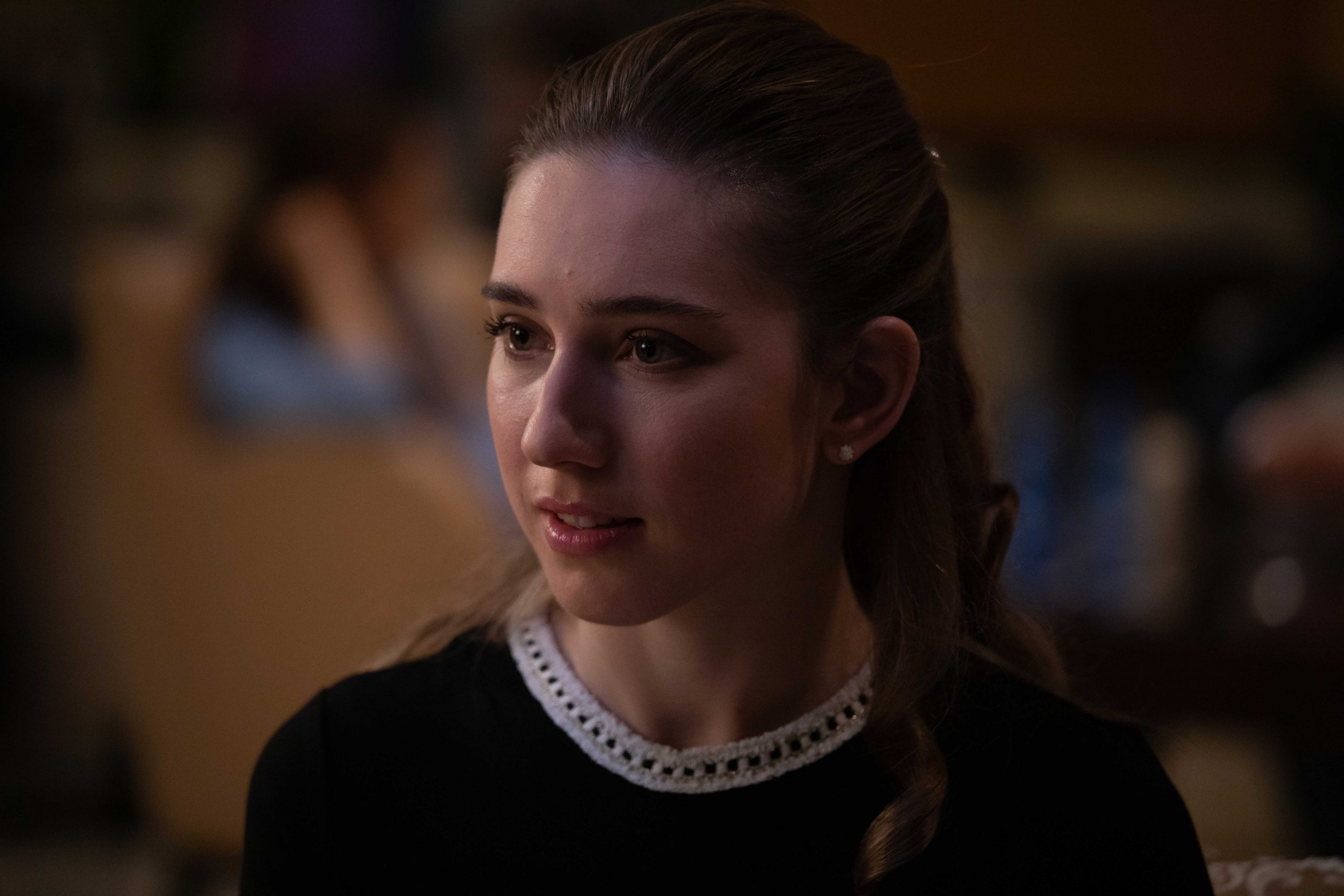
After the program was over Marni returned to Israel, although reluctantly. She jokes that her Dad came to her graduation, but just to make sure that she got on the plane. Her return to Israel wasn’t easy. She was waitressing while taking dance classes. Eventually she started getting work in commercials, because there were startups and other companies which needed English speaking actors for their ads, and Marni fit the bill. She went back to NY for a time, but then returned to Israel shortly before Covid hit. Finally in July of 2020, in the middle of the pandemic, Marni made the decision that this was really what she wanted to do. So, she moved to Tel Aviv and continued to audition for everything that came her way. One day she heard of a role that was available, but they were looking for a Belgian girl. She dismissed it because, well, she’s not Belgian, and couldn’t do a Belgian accent. A couple of weeks later a call went out again for the role and she decided to audition anyway. The producers of the movie wanted her for the part and actually changed the role to be American, for her. That movie became a big hit in Israel. In Hebrew it’s called Bachorim Tovim (Good Boys), but in English it’s called Matchmaking. She says it’s not a big part, but it was a real hit and it’s opened doors for her.
Only you control how far you can go. You’ve been dealt a hand, but it’s up to you how you play your cards.
– Marni Woolf
What would Marni say to a young woman who has been told she’s on the spectrum and probably not going to amount to much in life? She says don’t let anyone dictate your life for you. It’s your life, not theirs, and who are they to tell you what you are capable of? Only you control how far you can go. You’ve been dealt a hand, but it’s up to you how you play your cards. Yes, you’ve been given a challenge, and God sent you that challenge for a reason, and it’s up to you what you do with it. If you have a big dream, go for it. It’s better to fail at something you want to do, than to not try and never know. She went for it, and it was hard, but she’s seeing success, and now she’s just begun working on her next movie.
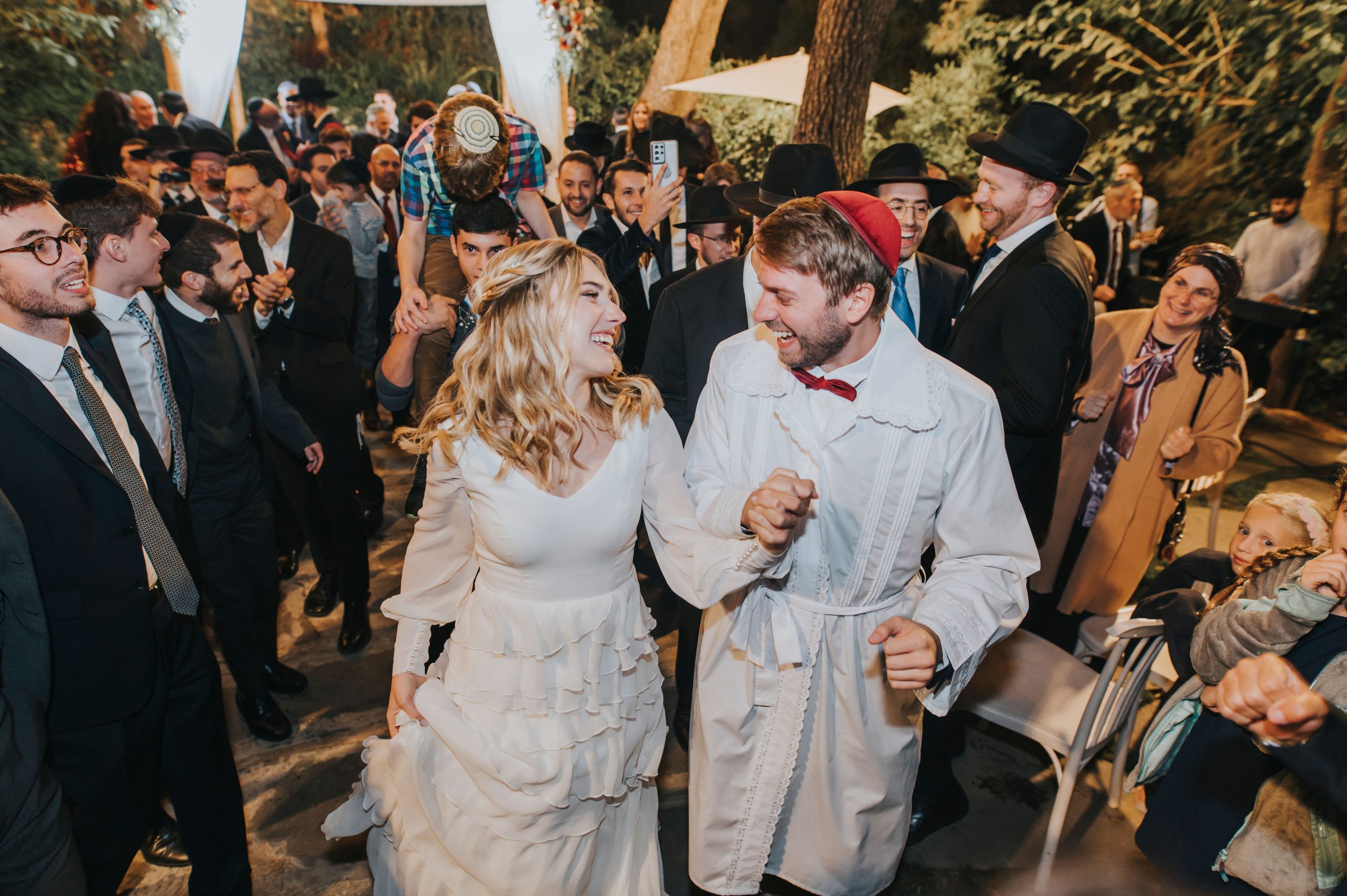
To the religious woman wanting to get into acting or any other field where being observant will be a challenge, Marni says the most important thing, just like going into dating and a relationship, is that you need to first know who you are, what your strengths and weaknesses are, and if you are willing to make the sacrifices necessary to balance the two (your faith with your career). She says that whatever you decide to do, you have to be okay with it. Once you reach that point, it doesn’t matter what anyone else thinks – that’s their problem. Your focus needs to be on what’s right for you.
Marni is represented by the Rodica Alcalay agency


